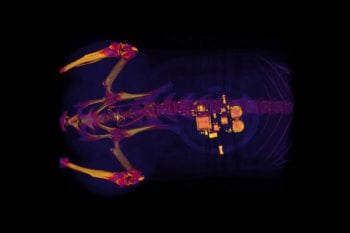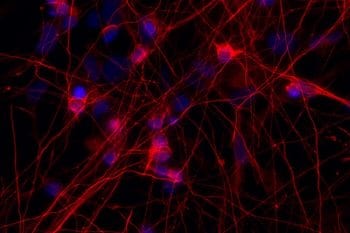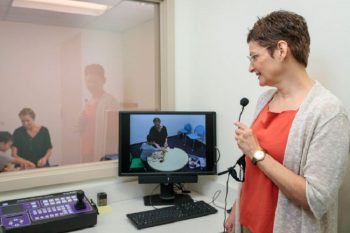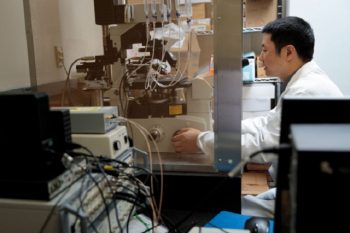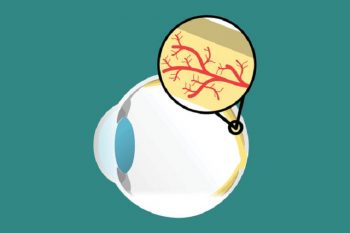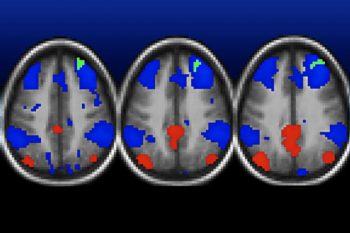Insulin-producing cells more responsive to fluctuating glucose levels From the WashU Newsroom… Scientists working to develop more effective treatments for diabetes are turning to stem cells. Such cells can be transformed into cells that produce insulin, the hormone that controls blood sugar. But there’s a major challenge: the amount of insulin produced by theses cells […]
New hope for stem cell approach to treating diabetes


